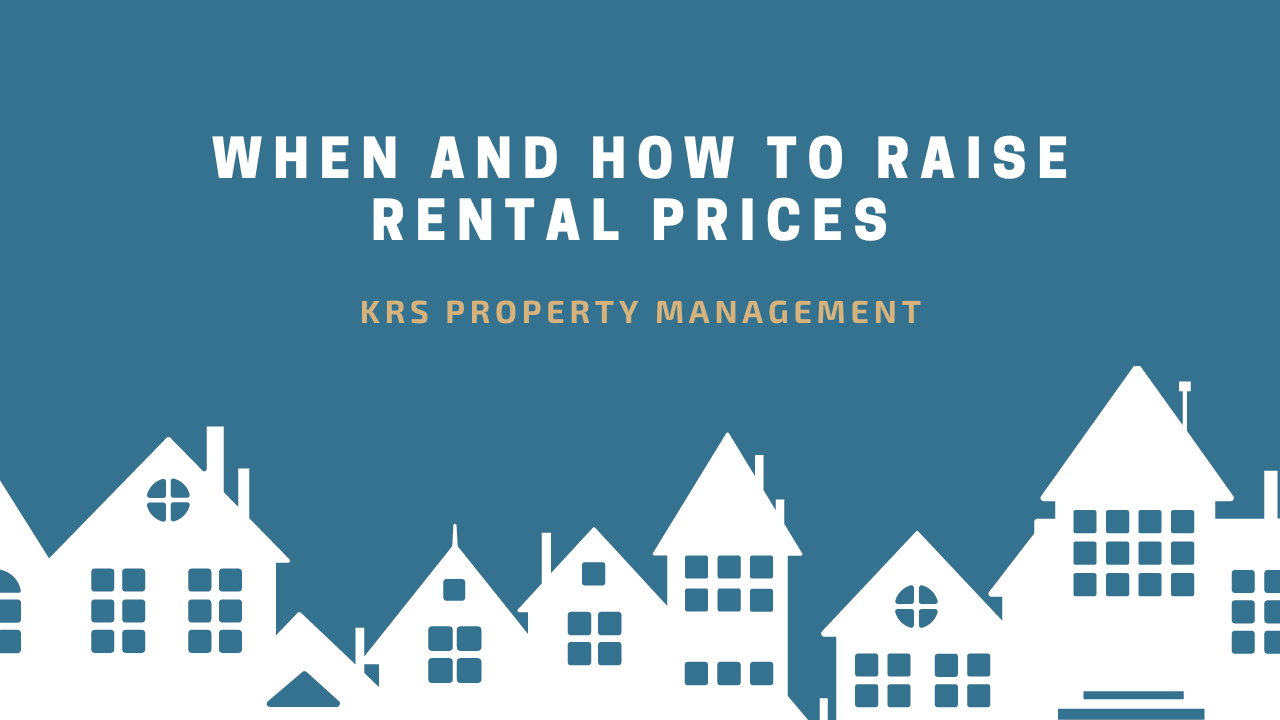
Raising rental prices is a crucial part of property management, but it’s something that requires careful consideration. Rental increases need to be fair, reasonable, timely and carried out after a proper rent increase notice is delivered..
If handled poorly, a rental hike can lead to tenant dissatisfaction or even legal trouble. If it’s done right, increasing rent can help you as a landlord cover rising costs, improve your property’s value, and maximize profits.
When to Raise Rental Prices
Timing is everything when it comes to raising rent. Here are some common situations where increasing rent is appropriate:
Lease Renewal Time
The most straightforward time to raise rent is when a tenant’s lease is up for renewal. You’ve fulfilled your end of the bargain, and if market conditions allow, this is the perfect moment to adjust rent.
You can factor in inflation, property improvements, or changes in local rent prices. It’s also a clean way to handle the increase, as tenants expect possible changes when signing a new lease agreement.
After Property Improvements
If you've invested in upgrading the property—whether that’s installing new appliances, renovating bathrooms, or enhancing safety measures—it’s reasonable to raise rent to cover these costs.
Tenants are more likely to accept higher rent if they see tangible benefits. For example, if you add central air conditioning or modernize the kitchen, tenants might even expect an increase because of the added value.
Market Conditions
The rental market experiences changes depending on shifts in supply and demand. If the local market is strong and rental prices in your area are increasing, it may be time to raise your rates in order to stay competitive.
Be sure to compare your property to others in the area. Raising rent too much above the local average could push tenants to look for more affordable housing.
Increased Operating Costs
Costs such as property taxes, maintenance, utilities, and insurance often increase over time. If your expenses have gone up significantly, you may need to raise rent to maintain profitability.
Remain cautious not to pass all costs onto the tenant in a single rent increase. A steady, smaller increase over time will be easier for tenants to manage and accept.
Legal Requirements and Limits
It’s crucial to be aware of any local or state laws governing rental price increases. Some areas have rent control or rent stabilization policies that limit how much and how often you can raise rent.
Failing to follow these laws can result in fines or legal action. Before making any decisions, research the regulations that apply to your property.
How to Raise Rental Prices Effectively
Once you’ve decided it’s time to raise the rent, you’ll need to approach the situation carefully. Here’s a step-by-step guide to doing it right:
Research the Market
Before deciding on a new rental price, research comparable properties in your area. You want to ensure your new rent is competitive but still reflects the value of your property.
Look for similar properties in terms of size, amenities, and location. Websites like Zillow or Rent.com can give you a good idea of what’s fair.
Communicate Clearly and Early
Tenants should never be surprised by a rent increase. Most states require a notice period—typically 30 to 60 days—before you can implement a rent increase. However, giving tenants a heads-up even earlier is a good practice.
This shows transparency and gives them time to prepare for the change. Send a formal, written rent increase notice explaining the new rent amount, the reason for the increase, and when it will take effect.
Be Prepared to Negotiate
Some tenants may push back on a rent increase, especially if it’s significant. Be prepared to listen to their concerns. In some cases, it might make sense to negotiate a lower increase to keep a reliable tenant rather than lose them and face the cost of finding a new one.
Consider the tenant’s rent payment in history, the demand for rental properties in your area, and how long the tenant has been with you.
Keep Increases Reasonable
A drastic rent increase can lead to tenant turnover, which might hurt your bottom line more than it helps. Instead of jumping to a much higher rent all at once, consider smaller, more gradual increases. Raising the rent by 3-5% per year is often seen as reasonable and is easier for tenants to handle.
Provide Justification
When you raise rent, it helps to provide a clear reason for the increase. Whether it's due to rising maintenance costs, market conditions, or property improvements, tenants are more likely to accept the change if they understand why it’s happening.
For example, “Due to a 10% increase in property taxes and the recent upgrades to the building’s security system, we will be raising rent by 4%.” This transparency fosters trust and can prevent misunderstandings.
Offer Incentives for Loyalty
If you have long-term tenants who have consistently paid on time, consider offering a small discount or keeping their rent increase lower as a reward for their loyalty. This can encourage good tenants to stay longer, which reduces the costs associated with turnover, vacancy, and marketing the property to new tenants.
Bottomline
Raising rental prices is an essential part of property management, but it must be done thoughtfully and legally. Whether you’re responding to increased expenses, market conditions, or property improvements, rent increases should always be reasonable and transparent.
A steady, small increase over time is often easier for tenants to accept, and clear communication can help maintain a positive relationship.
KRS Holdings is here to help landlords navigate this process with ease. Our expert property management services ensure that your rent increases are timely, legal, and profitable, all while keeping tenants satisfied.
Contact us today, to learn how we can assist you in managing your property efficiently and effectively.






